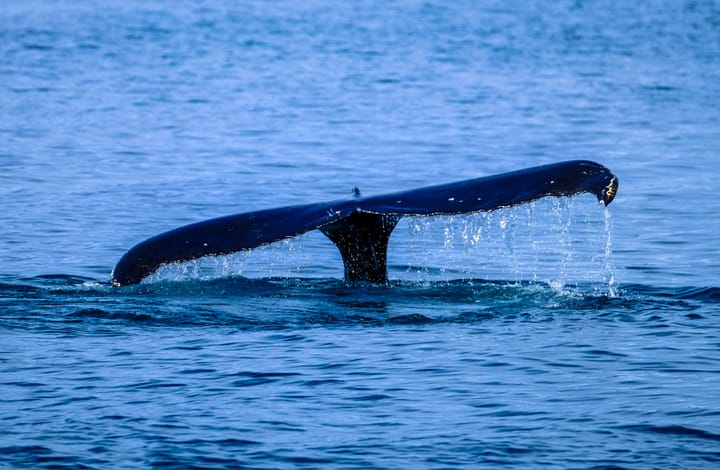Ravenous – Henry Dimbleby, Profile Books (2023)

Occasionally, economists come up with good ideas. A ‘policy trilemma’ states that, at any given time, governments can only achieve two of three competing goals. Owing to mutual exclusivity, one of the sovereign’s aims must be dropped.
The UK is currently facing a policy trilemma – to make food cheaply available, address the heath crisis caused by unhealthy food and reverse the environmental damage wrought by industrial agriculture. What objective will be put on the chopping block?
A key issue is cost – highly processed food (rich in salt, sugar and fat)[1] is three times cheaper per calorie than healthier foods.[2] Human beings also have a predilection for calorie-dense food, so making chocolate and crisps is profitable.
This creates a perverse feedback loop – use cheap ingredients for unhealthy food to hijack our evolutionary cravings. The upshot is that convenience food makes up 57% of Britain’s daily diet, and 28% of the population is clinically obese.
Inevitably, these figures are higher for people at lower ends of the income spectrum. Children in the UK’s most deprived decile are twice as likely to be overweight as children in the wealthiest decile.
In addition to reinforcing social divisions, junk food incurs economic costs. The OECD estimates that the price of food-related disease, in lost labour productivity, is £74bn in the UK (or 3.4% of GDP). And that’s to say nothing about costs to the NHS.
If public health is discounted at the till, so is the environment. Every step of food production exacerbates the carbon/nature crisis: the forests cleared to farm crops and animals; soil erosion from mechanical tillage, and; the energy consumed by processing and transport.
After fossil fuels, food is the second most polluting industry on earth. The way humanity feeds itself is responsible for an estimated 30% of global greenhouse gas emissions. What’s more, chemically-fertilised land is poor at capturing CO2 compared with wild nature.
Farming also faces an inefficiency challenge; while 70% of the UK’s landmass is set aside for agriculture, one quarter of all home-grown food is thrown away. Globally, the figure for land used to grow food which is never eaten is an eye-watering 28%.
Livestock farming is particularly thorny. Dimbleby argues that protein-rich plants “produce 12 times more calories per hectare than rearing meat. Yet 85% of UK farmland is used for feeding and rearing livestock.”
Simply put, we should eat less meat and more plants. To be clear, he’s not calling for us to go vegan, but if “everyone in the UK reduced their intake of meat and dairy by one-third, that would free up 20% of our farmland”.
Dimbleby argues that 7.5% of England’s least productive farmland to be taken out of agricultural use (and left to broadleaf woodland and peat bogs instead). A further 12.5% should be converted to low-intensity, nature friendly farming.
To compensate farmers for foregone income, Dimbleby suggests that money previously allocated to the EU’s Common Agricultural Policy should be used to pay landowners for environmental restoration.
The aim wouldn’t be to ditch land management altogether, but to broaden the range of “good practice” activities (like building ponds, planting trees and facilitating scrub growth) for which farmers could be paid.
Elsewhere, he encourages the adoption of environmental labels on food packaging, which would allow consumers to check, and compare, companies’ ecological standards.
Separately, Dimbleby calls for regulations such as higher taxes on salt and sugar processing, expanding the eligibility of free-school meals (currently available to households with annual incomes smaller than £7,400, before benefits) and limits on fast-food advertising.
This is where the policy trilemma rears its head. Dimbeby fails to address one of the key challenges described at the start of the book – his plan would not make the average weekly shop much cheaper.
Except for meat, kind of. He urges Westminster to support companies making animal-product substitutes. A biochemical process, known as precision fermentation, has the potential to make meat-like products cheaply (requiring little by way of land and energy).
Devout libertarians will no doubt wince at the idea of bureaucrats interfering with people’s food. Ultimately though, due to their high tax burdens, national health and the environment are matters of public – nor private – policy. McDonald’s anyone?
[1] These include cereals, fizzy drinks, sweets, ready meals, and fast food.
[2] Ultra-processed foods are linked with heart disease, cancer, type-2 diabetes, and adverse respiratory and mental health conditions.


